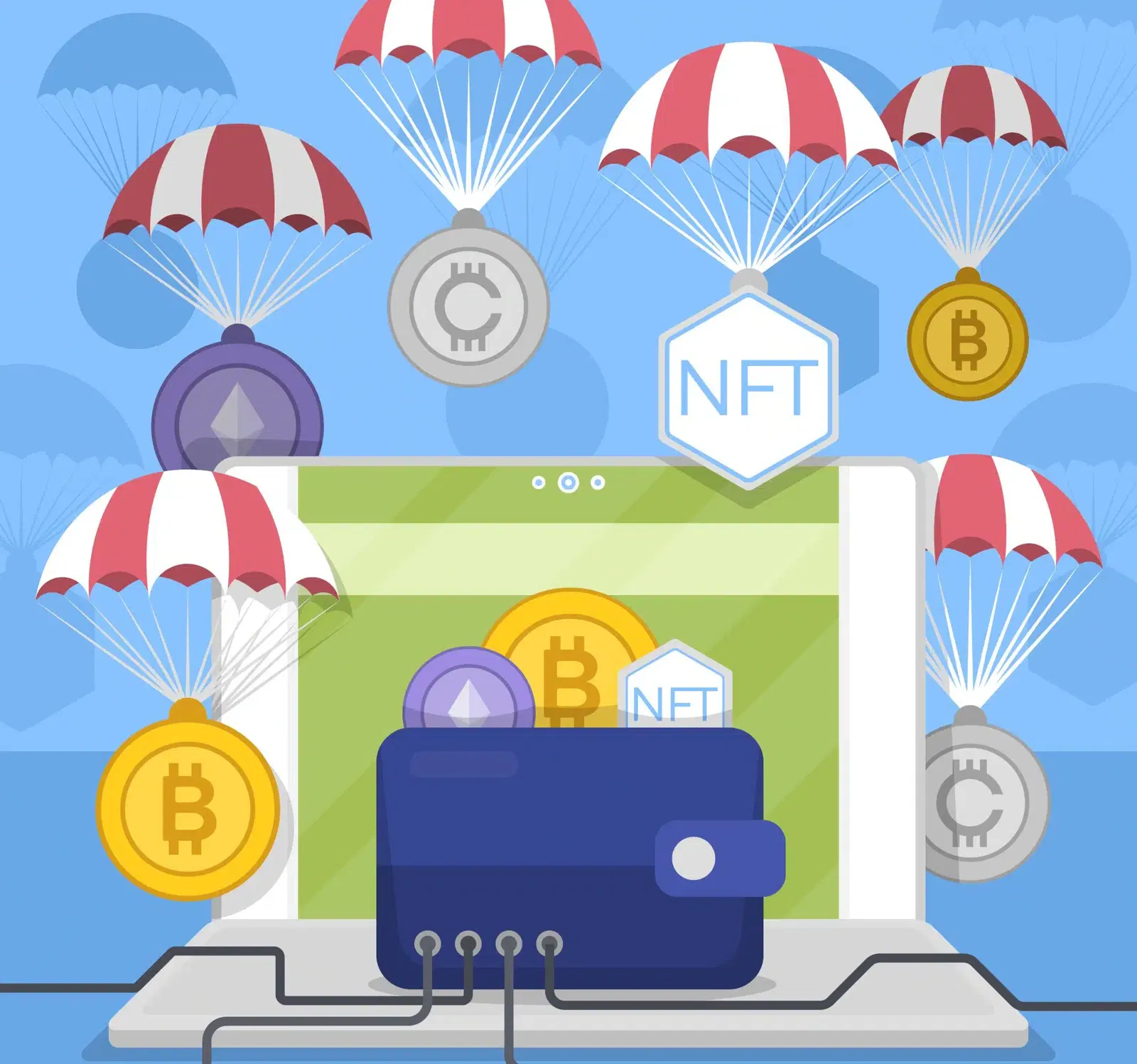Who Owns Trust Wallet? Founder and Project’s Evolution
Dive deep into the history behind Trust Wallet and discover its captivating journey from its inception to its dynamic evolution under Binance’s wing, shaping the future of decentralized finance.

In the ever-evolving world of cryptocurrencies, digital wallets play an essential role in the ecosystem, allowing users to store, manage, and trade coins and tokens as they please. Trust Wallet has emerged as one of the most popular and trusted mobile wallets in cryptocurrency. However, many people are curious about the intricacies of the project. Who owns Trust Wallet?
This article will provide a comprehensive understanding of Trust Wallet’s ownership and evolution.
What is Trust Wallet?

Understanding Trust Wallet – Image via Trust Wallet
Trust Wallet is a widely used mobile cryptocurrency wallet that provides a secure and user-friendly platform for managing digital assets. The wallet has been designed to prioritize simplicity, user control, and security, making it a preferred choice among the crypto community. To give you a brief idea, here are the main features of Trust Wallet:
- Decentralized and secure: It’s a decentralized wallet where users have complete control over their private keys, which are stored only on their devices and not on any centralized servers. This design ensures users’ funds remain secure and entirely in their control.
- Support for multiple coins and tokens: Trust Wallet initially started as an Ethereum-only wallet, but it now supports a multitude of coins and tokens, including Ethereum (ETH), Bitcoin (BTC), Binance Coin (BNB), and many ERC-20, BEP-2, and BEP-20 tokens, among others.
- Integrated DApp browser: Trust Wallet’s Web3 browser lets users directly interact with decentralized applications (DApps) within the wallet, eliminating the need for multiple apps.
- Staking: Trust Wallet offers built-in staking features for specific cryptocurrencies, allowing users to earn rewards by simply holding and staking their tokens within the wallet.
- Cross-platform capability: Trust Wallet’s core technology is open source and has been designed to be cross-platform, meaning it can be used and integrated into various platforms and applications.
- User-friendly interface: One of the reasons behind Trust Wallet’s popularity is its simple, intuitive interface, making it accessible for crypto newcomers and veterans alike.
The founder of Trust Wallet
Viktor Radchenko is the founder and former CEO of Trust Wallet. As a visionary entrepreneur, he founded Trust Wallet in November 2017 to provide users with a secure and user-friendly mobile wallet. Originally from Ukraine, Radchenko moved to the United States in 2011 to pursue his passion for changing the world through technology.
The acquisition by Binance
Trust Wallet joined hands with Binance, one of the largest and most reputed cryptocurrency exchanges, in July 2018. Binance’s acquisition of Trust Wallet aimed to improve user safety and offer better services to its users. This collaboration marked a significant achievement in Trust Wallet’s history and paved the way for new opportunities for growth and development.
The Trust Wallet brand and autonomy
Following its acquisition by Binance, Trust Wallet has been granted considerable autonomy and independence in developing its core product. Even after the acquisition, Radchenko remained a part of the project until March 2022, when he stepped down as CEO. Eowyn Chen, the former marketing vice president at Binance, succeeded him.
It is worth noting that this acquisition marked Binance’s first-ever public acquisition. The Trust Wallet brand and team continue to operate independently, benefiting from the increased support from Binance, including its broad user base and the upcoming decentralized exchange (DEX). This integration of Trust Wallet as an on-chain mobile wallet further strengthens the list of services offered by Binance.
The project’s evolution

The development of Trust Wallet – Image via Freepik
Since its launch, Trust Wallet has evolved significantly to become a feature-rich and highly versatile wallet. Let’s explore the key milestones and collaborations that have shaped the evolution of Trust Wallet.
The launch
Trust Wallet debuted in November 2017 as a simple and intuitive mobile wallet for storing and managing cryptocurrencies. As mentioned earlier, its initial version focused on supporting Ethereum and ERC-20 tokens, quickly gaining users’ traction due to its user-friendly interface and robust security features.
Integration with the Binance ecosystem
The acquisition by Binance in 2018 propelled Trust Wallet into a new growth phase. As part of the Binance ecosystem, Trust Wallet expanded its support for various blockchains and tokens. This makes it one of the most versatile mobile wallets for cryptocurrency. The integration with Binance also opened doors for future collaborations and synergies.
DApp integration
One of the standout features that Trust Wallet introduced was its DApp browser. This built-in browser facilitates users to interact with decentralized applications (DApps) directly from within the wallet. By removing the need for external tools or platforms, Trust Wallet positioned itself as a one-stop solution for many crypto enthusiasts looking to delve into the world of DApps.
Support for staking and DeFi protocols
Trust Wallet recognized the potential of decentralized finance (DeFi) early on and introduced support for staking and DeFi protocols. This innovation allowed users to stake their cryptocurrencies. Also, users can participate in various DeFi applications, such as lending, liquidity provision, and yield farming. Trust Wallet’s support for DeFi protocols has contributed to its popularity among DeFi enthusiasts and investors.
Integration with Decentralized Exchanges (DEXs)
Trust Wallet’s integration with decentralized exchanges (DEXs) has provided users with greater privacy, security, and control over their funds. By partnering with DEXs such as Uniswap, PancakeSwap, and SushiSwap, the wallet enables seamless and secure token swaps directly from the wallet interface. This integration has made Trust Wallet a preferred choice for users seeking decentralized and non-custodial trading options.
Introduction of Trust Wallet Token (TWT) and TrustSwap (SWAP)
Trust Wallet introduced its native token, Trust Wallet Token (TWT), which incentivizes users and supports its development. TWT has gained significant popularity in cryptocurrency, with a market capitalization of over USD 388.13M. Additionally, Trust Wallet collaborated with TrustSwap (SWAP), a decentralized token exchange, allowing users to swap different tokens and coins seamlessly.
Expansion of supported blockchains and tokens
Trust Wallet has consistently expanded its support for multiple blockchains and tokens, enabling users to store and manage a wide range of digital assets securely. Furthermore, with support for over 33 blockchains and around 250,000 different assets, Trust Wallet provides a simple and unified interface for accessing various cryptocurrencies.
Layer-2 solutions: Polygon and Avalanche
Trust Wallet partnered with Polygon (formerly Matic Network) and Avalanche in May and August 2021. These collaborations aim to make Trust Wallet services more accessible to users through Layer-2 scaling solutions. As a result, Trust Wallet users can now enjoy faster and more affordable transactions, DeFi applications, non-fungible token (NFT) marketplaces, and other features.
The future of Trust Wallet
Since its humble beginnings, Trust Wallet has made significant progress, but the journey still needs to be completed. The Trust Wallet team continuously innovates and improves, striving to offer users an exceptional experience. As the cryptocurrency industry evolves, Trust Wallet adapts and incorporates new features to meet the changing requirements of its users. The team focuses on some key areas for the future to provide better services to its users.
- Exploring a better key management system.
- Expanding support for emerging blockchains and tokens.
- Further enhancing the user interface and experience.
Summing up

Leveraging the power of Trust Wallet – Image via Freepik
Trust Wallet’s ownership and evolution testify to the power of innovation, collaboration, and community. From its acquisition by Binance to its continuous expansion, Trust Wallet has solidified its position as a trusted and versatile mobile wallet.
Trust Wallet will continue to pave the way for a decentralized and inclusive financial ecosystem as the future unfolds. With time, it will empower individuals to take control of their digital assets and shape the future of finance.




